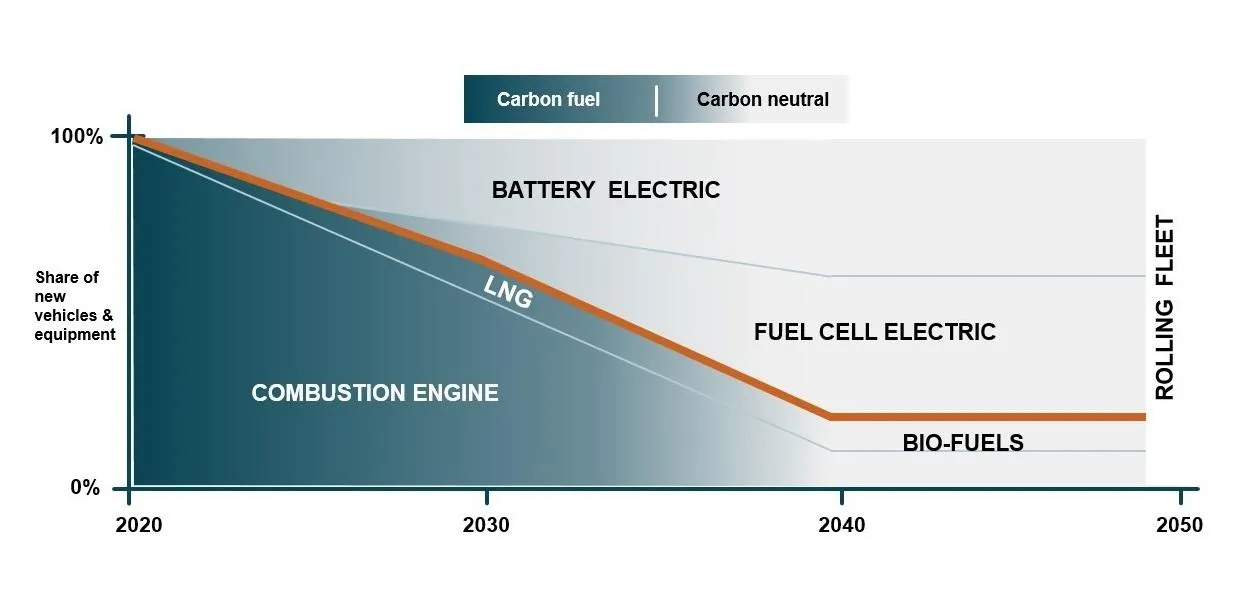An innovative future fuel source could be provided by bacteria, according to researchers working with the US Department of Energy (DOE). Strains of Escherichia colibacteria have been developed that are able to digest switchgrass biomass and then synthesise the sugars into three transportation fuels.
April 26, 2012
Read time: 2 mins
An innovative future fuel source could be provided by bacteria, according to researchers working with the 5275 US Department of Energy (DOE). Strains of Escherichia colibacteria have been developed that are able to digest switchgrass biomass and then synthesise the sugars into three transportation fuels.
The work has been carried out by the DOE’s5287 Joint BioEnergy Institute (JBEI) and the initial results suggest that the bacteria can carry out this process without the need for help from enzyme additives. The JBEI claims that using the bacteria will cut a significant cost out of processing switchgrass biomass into fuel by removing the need for expensive enzymes to depolymerise cellulose and hemicellulose into fermentable sugars. According to the JBEI, this will allow a major reduction in fuel production costs by consolidating the depolymerisation of cellulose and hemicellulose into sugars, and fermenting the sugars into fuels, into a single step.
A paper in the5288 Proceedings of the National Academy of Sciences (PNAS) describes this work. The paper is called, "Synthesis of three advanced biofuels from ionic liquid-pretreated switchgrass using engineered Escherichia coli."
JBEI researchers engineered strains of the bacteria to express several enzymes that enable them to digest cellulose and hemicellulose. This is the first successful demonstration of the production of all three forms of transportation fuels (petrol, kerosene and diesel) using switchgrass, one of the highest potential feedstocks for advanced biofuels.
The cellulolytic and hemicellulolytic strains of the bacteria can be combined as co-cultures on a sample of switchgrass. These were further engineered with three metabolic pathways allowing the bacteria to produce fuel substitute or precursor molecules suitable for petrol, diesel and kerosene.
The work has been carried out by the DOE’s
A paper in the
JBEI researchers engineered strains of the bacteria to express several enzymes that enable them to digest cellulose and hemicellulose. This is the first successful demonstration of the production of all three forms of transportation fuels (petrol, kerosene and diesel) using switchgrass, one of the highest potential feedstocks for advanced biofuels.
The cellulolytic and hemicellulolytic strains of the bacteria can be combined as co-cultures on a sample of switchgrass. These were further engineered with three metabolic pathways allowing the bacteria to produce fuel substitute or precursor molecules suitable for petrol, diesel and kerosene.






